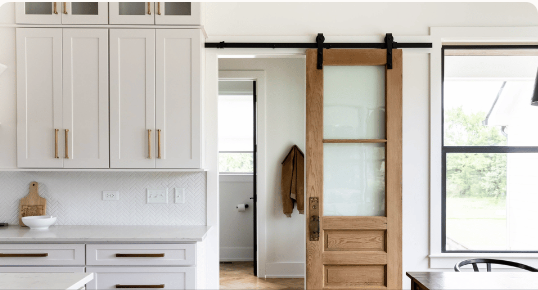The Future of Real Estate: How Smart Homes Impact Value
/Introduction
Smart home technology is changing the real estate game. From energy savings to enhanced security, these features offer convenience and boost property value. As more buyers seek homes with smart features, it’s important for sellers and agents to understand how these innovations influence market appeal.
Why Smart Homes Matter in Real Estate
Once considered a luxury, smart home tech is now a top priority for buyers. Popular features include:
Smart security systems
Energy-saving thermostats
Automated lighting and shading
Voice assistants (e.g., Alexa, Google Home)
Smart appliances
These features make homes more efficient, secure, and attractive.
How Smart Homes Increase Value
Faster Sales – Smart homes attract attention and often sell quicker.
Higher Resale Prices – Properties with tech upgrades often sell for more.
Energy Savings – Lower utility bills appeal to eco-conscious buyers.
Better Security – Features like smart locks and video doorbells are big selling points.
Future-Proofing – Homes with modern tech are better prepared for future advancements.
Tips for Sellers
Focus on high-impact upgrades like thermostats and security systems.
Make sure devices are compatible and integrated.
Highlight smart features in listings and explain the benefits.
Keep devices updated for a move-in-ready experience.
Looking Ahead
Tech like AI assistants, predictive maintenance, and smart energy grids will soon become common. Homes with these features will likely see even greater increases in value.
Conclusion
Smart homes are here to stay—and they’re raising the bar in real estate. Investing in smart technology can improve your home’s marketability and value. Whether you're buying, selling, or investing, staying ahead of this trend can pay off.





















